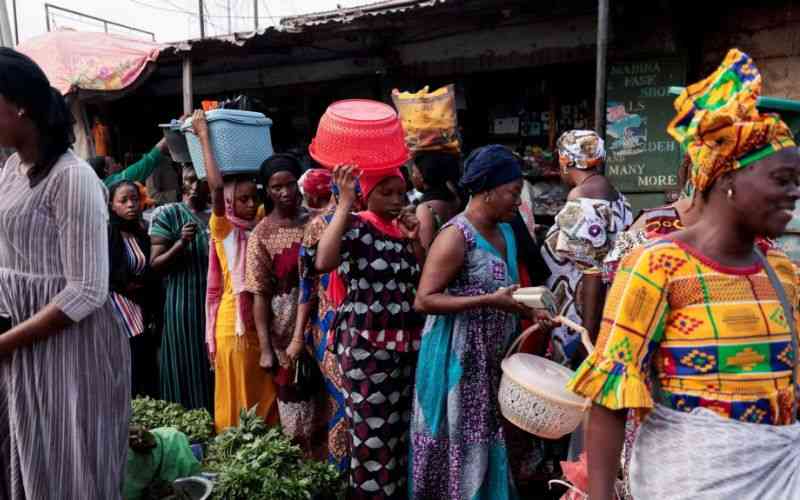
A Monday vote could make Gambia the first country to repeal its ban on female genital cutting. Also referred to as female genital mutilation or FGM, the procedure includes the partial or full removal of external genitalia. The practice has been on the rise worldwide in recent years despite moves to outlaw it.
According to a report from the United Nations Children's Fund, UNICEF, earlier this month, around 30 million women globally have undergone the procedure in the past eight years. It largely takes place in Africa and some parts of Asia and the Middle East. The procedure often occurs between infancy and adolescence to control women's sexuality.